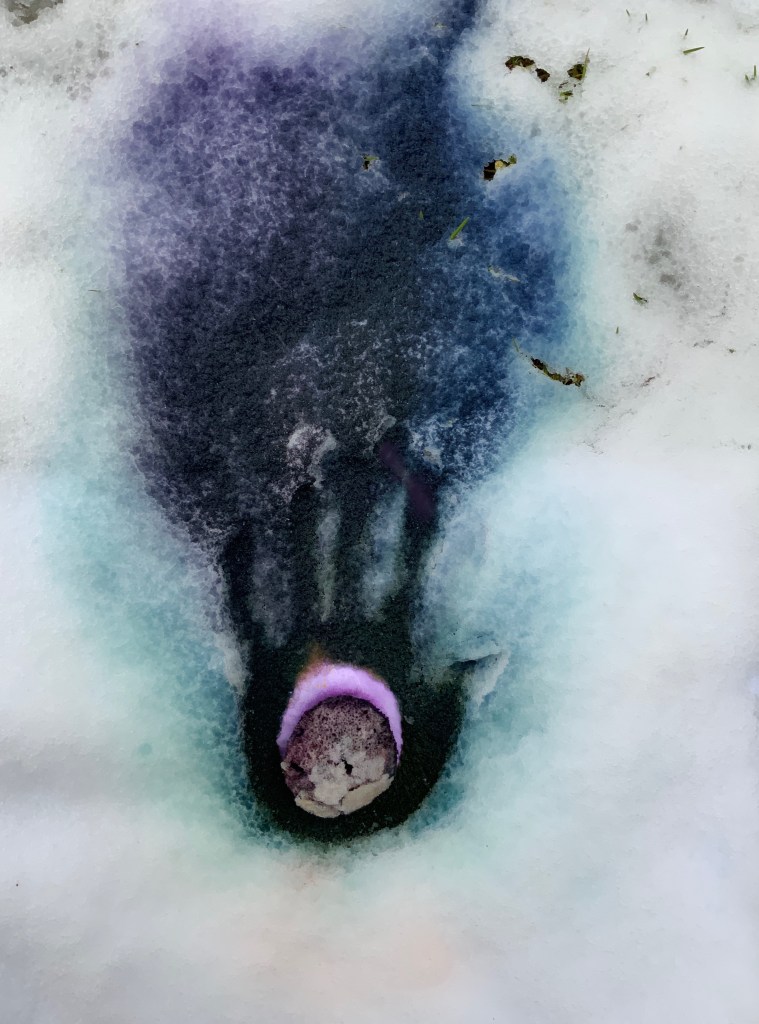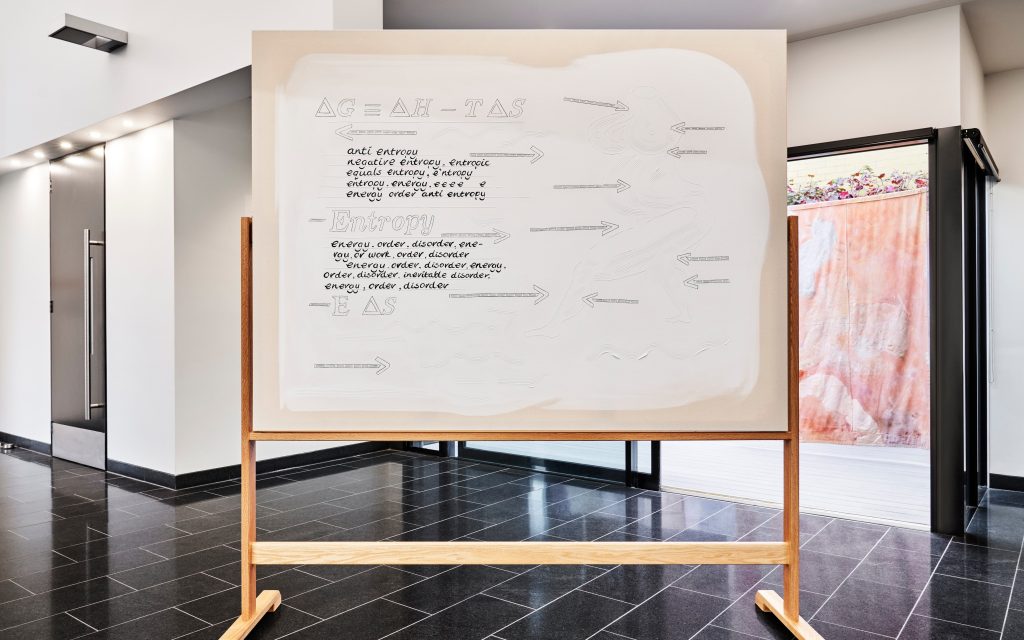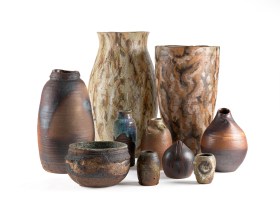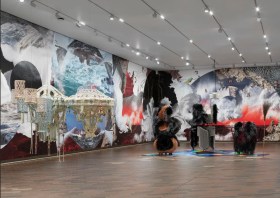Climate anxiety, also known as eco-anxiety, is a rapidly accelerating mental health concern. In 2021, the search engine Google reported a 565% increase in ‘climate anxiety’ searches as compared to the previous year.
In an upcoming exhibition at Braemar House and Gallery in the Blue Mountains, NSW, six artists will be exploring the psychological impacts of the climate crisis. Tipping Points brings together local artists who also work professionally in the mental health sector to provide unique insights into our future.
Paul Rhodes, Associate Professor in Clinical Psychology at the University of Sydney and Research Fellow at the Sydney Environment Institute, is one of the participating artists. Rhodes says: ‘The name of the exhibition refers to the environmental tipping points we’re experiencing, such as the Black Summer fires [in 2019-2020].’
He continues: ‘We’re seeing larger and more destructive fires, floods and droughts as climate change accelerates… This exhibition is our response as artists. Art can serve as a barometer, a form of research, a way of figuring things out together.’

Rhodes will be exhibiting alongside Annette Coulter, Jo Davies, Clare Delaney, Tim Newman and Martin Roberts – artists who are creating a visual language around their first-hand experiences of the Black Summer bushfires and community-wide psychological responses, including eco-anxiety and climate distress.
Many of the artists’ practices are informed by their work in psychology, counselling, art therapy and psychotherapy.
Rhodes adds: ‘As a group, we’re aiming to explore the subtle difference between “affect” and “emotion”. Emotion is personal, interior, solitary and introspective – but affect happens when we are impacted by external events such as bushfires and climate change.’
Climate conversations have been gaining momentum in Australia across the visual and performing arts, and literature. Climate fictions such as Everything Feels Like the End of the World speculatively imagine how our lives will be altered on a dying planet.
Art has many strengths when it comes to communicating ideas, prompting reflection and encouraging action. Often, the aim of these practices is not to evoke further fear, but to invite alternative ways to consider our situation and make space for optimism.
Read: 8 creative conversations for climate action
While Tipping Points takes its cue from the psychological side-effects of the climate crisis, another (coincidentally also regional) exhibition Maternal inheritances, explores possible futures through the lens of motherhood and matriarchy.
Curator Amelia Wallin writes in her curatorial statement for Maternal inheritances: ‘Our maternal entanglements hold potential for new ways of thinking about our past and our future. If we recognise our position within a genealogy of caretakers and caregivers, protectors and knowledge holders, might we take more responsibility for our futures?’
The exhibition at La Trobe Art Institute in Bendigo, Vic, explores this topic with works by Darcey Bella Arnold, Betty Chimney and Raylene Walatinna, Calista Lyon and Carmen Winant, Noriko Nakamura, Jahnne Pasco-White, Nina Sanadze and Yhonnie Scarce.
The works on view point to ancestral entanglements and the collective responsibility of care we have inherited from our forebears. Collaborative and intergenerational practices highlight the significance of First Nations sovereignty and familial stories, while pointing out that inheritance is not a linear trajectory.
These artistic practices often interrogate history to prompt reflections on present and future. Inheritance is not only about the physical and the biological, but also can be emotion and psychological, such as through trauma and memory.
In addition, Maternal inheritances shines light on the psychological duality of our current situation. Wallin concludes: ‘In the face of climate emergencies of catastrophic proportions, to say the future feels uncertain is an understatement. Yet the concept of inheritance, be it material or ancestral, is quietly optimistic.
‘While considering what precedes us, the concept of inheritance assumes that there are still resources – indeed, a future – to inherit. Amid global shifts and unfolding crises, this exhibition figures maternal inheritance as both a state of precarity and an optimistic blueprint for our future.’
Tipping Points is on view from 8 June to 2 July at Braemar House and Gallery, Blue Mountains Cultural Centre (NSW).
Maternal inheritances is on view until 5 August at La Trobe Art Institute, Bendigo (Vic).





